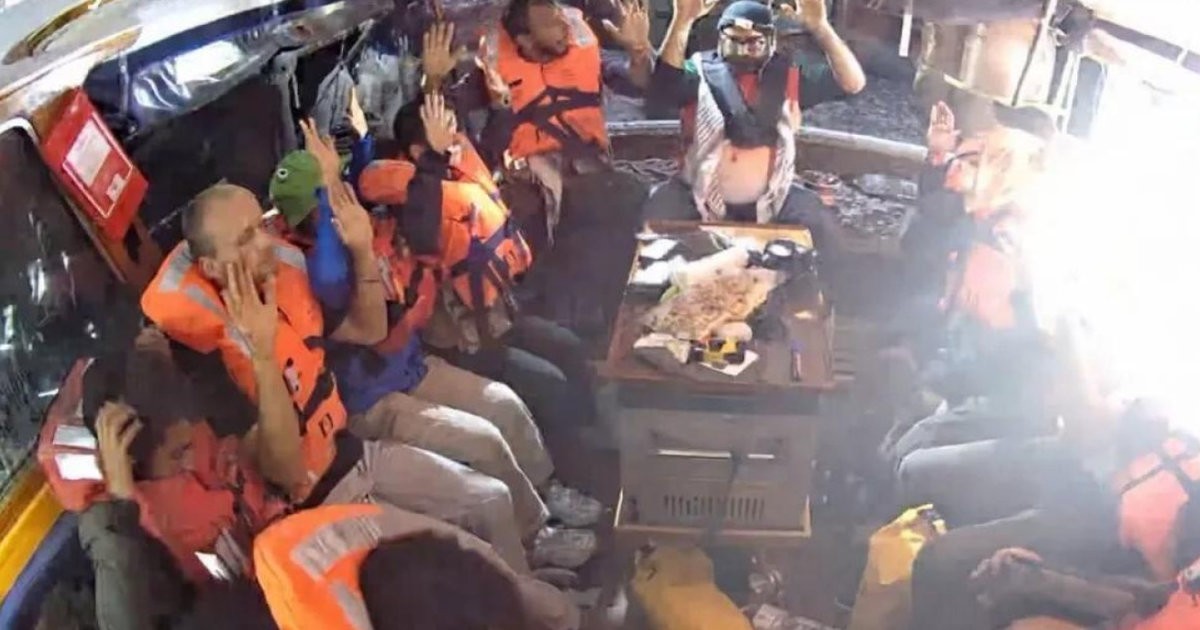The Israeli military stopped and redirected the ship Madleen carrying humanitarian aid to the Gaza Strip, with climate activist Greta Thunberg and other activists on board. Israel claims the blockade of Gaza is to prevent weapons from reaching Hamas, while activists assert the ship was on a peaceful and humanitarian mission. The Israeli defense minister warned the ship would not reach Gaza and that the military would take all necessary measures to prevent it. Activists and international observers express concern over the humanitarian crisis in Gaza and call for an end to the blockade. Reports vary in tone and focus depending on the political stance of the media.
Political Perspectives:
Left: Left-leaning outlets emphasize the humanitarian crisis in Gaza and criticize the Israeli blockade as exacerbating suffering. They highlight the peaceful intentions of the activists, including Greta Thunberg, and frame the Israeli military’s actions as aggressive and suppressive of humanitarian aid. The narrative often calls for international pressure on Israel to lift the blockade and allow aid to reach Gaza.
Center: Centrist media report the facts of the incident, noting the Israeli military’s justification of security concerns to prevent weapons smuggling to Hamas. They present statements from both sides, including the activists’ humanitarian mission and Israel’s security rationale. The tone is balanced, focusing on the complexity of the situation and the ongoing humanitarian needs in Gaza alongside security challenges.
Right: Right-leaning sources emphasize Israel’s right to defend itself and maintain the blockade to prevent arms reaching Hamas, which they label a terrorist organization. They portray the activists, including Greta Thunberg, as naive or manipulated by propaganda, and stress the necessity of military measures to ensure Israeli security. The humanitarian claims are often downplayed or framed as secondary to security concerns.








